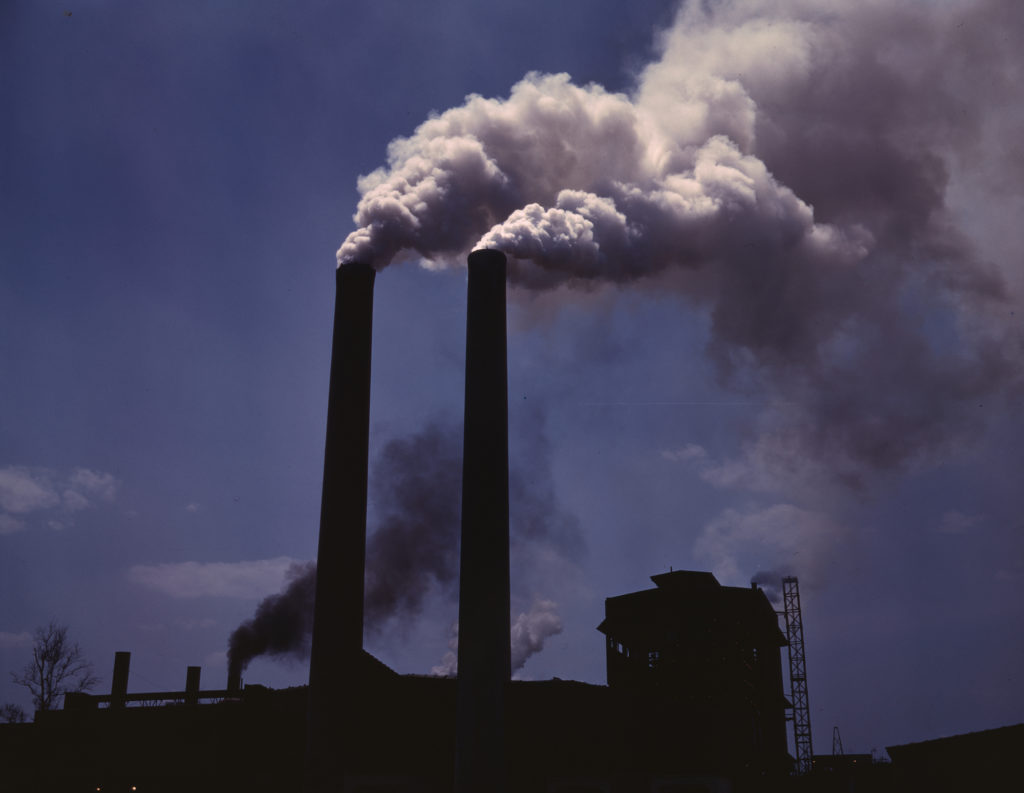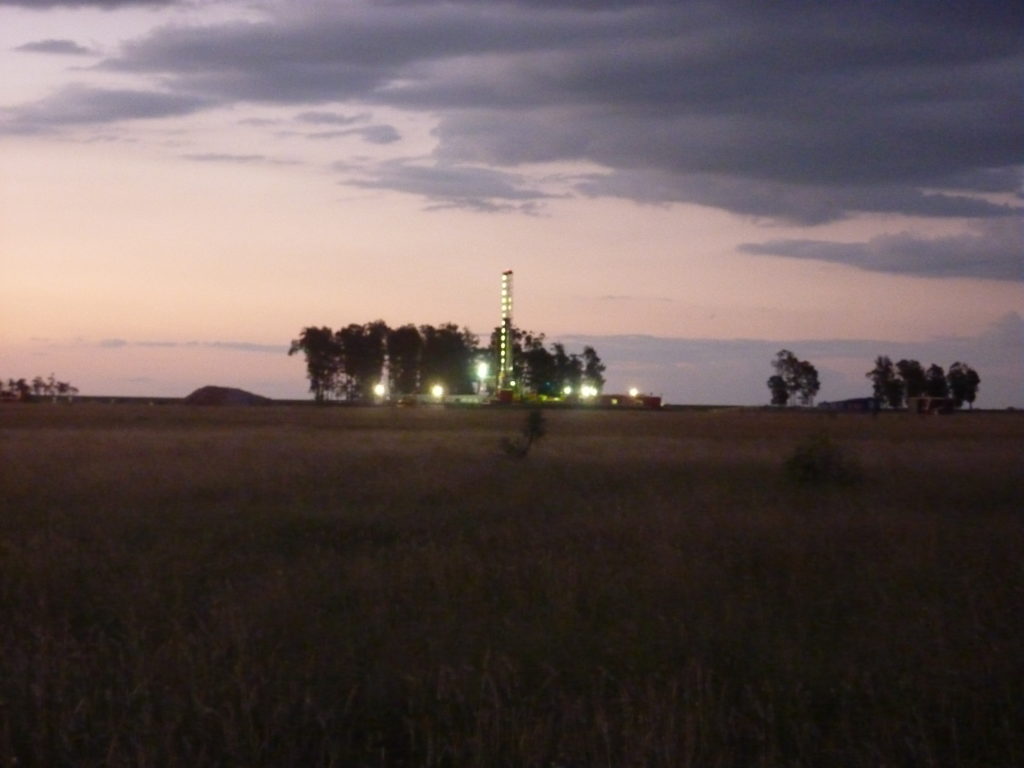CUSPE Communications – Special Issue 2017/18
Erin Cullen, Head of Publications 2017/18
An emerging technology is a technology that is in development, or that will be developed in the next decade. It is a technology that is capable of changing the status quo, and to disrupt the business or social environment in which it finds itself. But regulation for these technologies is proving to be a challenge, and it will be necessary to find a balance between protecting society and ensuring that innovation is not stifled.
The Cambridge Science and Policy Forum, held by CUSPE in 2018 was the first in the society’s history. One of the important topics tackled by experts at the forum was opportunities for collaboration in regulating emerging technologies. Artificial intelligence and machine learning were discussed in detail as two of the new technologies that governments will soon need to consider. The impasse that can be reached between policy makers and developers was addressed, along with the perceived usefulness of regulation. The potential of ‘reusing’ existing regulation for new technologies was also discussed in great detail.
All of these articles highlight the challenges for policy makers when legislating in a rapidly changing technological environment. I hope you enjoy reading these articles as much as we have enjoyed editing and working on the publications team this year.
Read the full special issue here ↵
Acknowledgements:
Thank you to the authors that agreed to have their contributions included in this mini-release. And of course a great many thanks to all the fantastic editors who worked hard in the 2017-2018 year: Hinal Tanna, Philipe Bujold, Roxine Staats, Maggie Westwater, Shan Chong, Amber Ruigrok.







